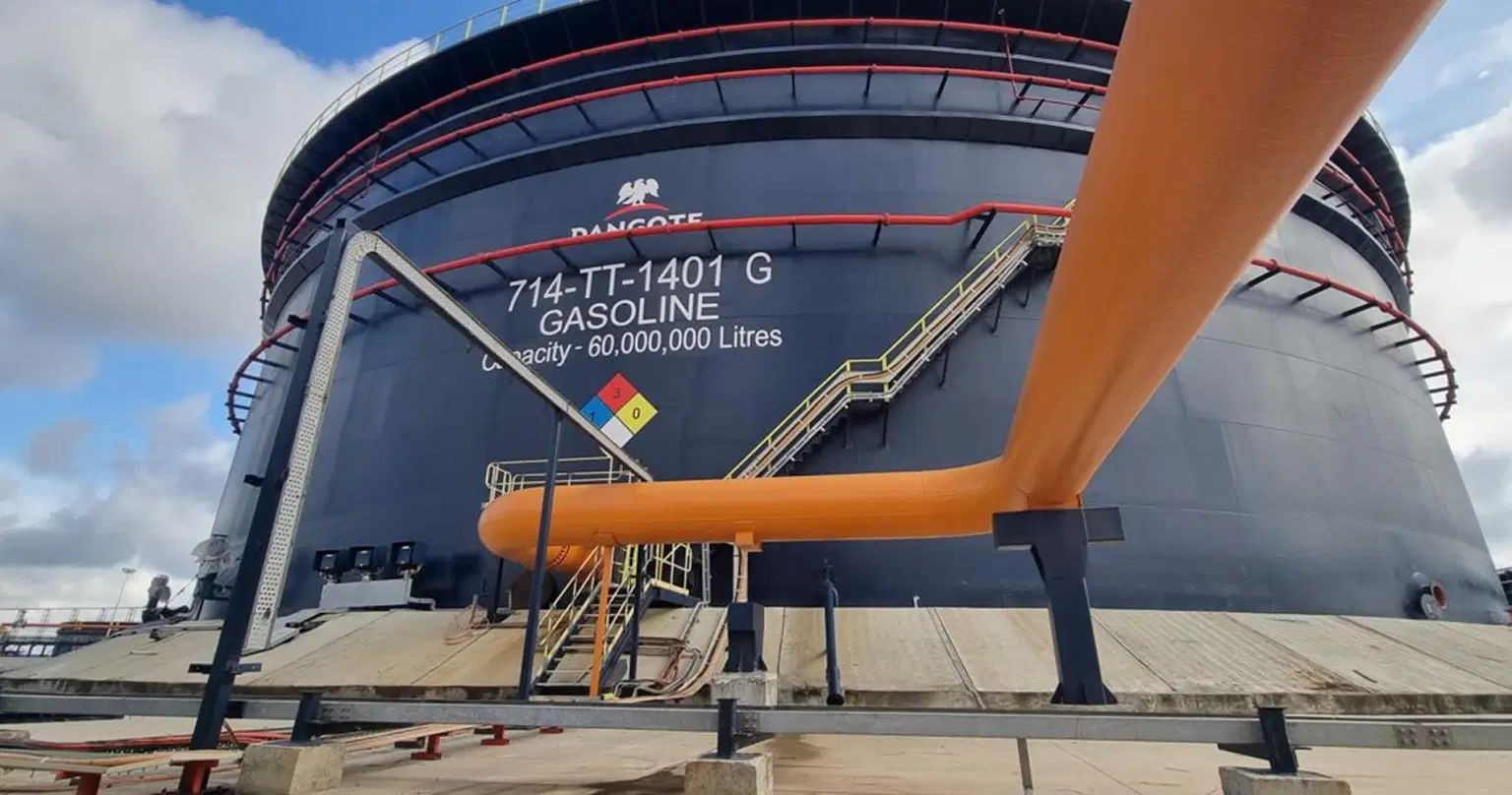Private petroleum depots in Lagos and surrounding areas were largely empty on Monday following the commencement of direct petrol distribution by the Dangote Petroleum Refinery.
A market survey showed that depot activities slowed drastically as many operators anticipated benefitting from the refinery’s new supply structure.
An industry source, who preferred not to be named, confirmed that the refinery had officially started supplying products directly to marketers. “That explains why operations at most depots have been skeletal,” the source said.
Speaking on the development, Chief Executive of Petroleumprice.ng, Mr. Olatide Jeremiah, noted that the refinery’s entry has disrupted the downstream sector. He explained that the rollout of over 1,000 trucks by Dangote on Monday created uncertainty among depot owners and retailers, leading to a sharp fall in demand.
“For the first time, global crude prices are rising while depot prices are falling. This reflects the influence of local market dynamics driven by the Dangote Refinery,” Jeremiah said. “Ultimately, the development will push operators towards best practices and help stabilize pump prices.”
At a conference to mark one year since petrol production began at the 650,000-barrels-per-day plant, Alhaji Aliko Dangote, President/Chief Executive of Dangote Petroleum Refinery, said the refinery has strengthened Nigeria’s energy security and reduced decades-long fuel shortages.
“We have been battling fuel queues since 1975. Today, Nigerians are witnessing a new era,” Dangote stated, while acknowledging the numerous challenges the project faced from conception to execution.
According to him, critics believed the refinery would disrupt existing players. “Some thought we were taking food from their tables, but our goal has always been to make Nigeria and Africa proud. Previously, only two African countries were not importing petrol, but they eventually returned to imports. This has been harmful to the continent,” he added.
Dangote also revealed the risks taken to deliver the project, stressing that many experts, investors, and government officials had warned that such a refinery could only be executed by sovereign states. “If it had failed, lenders would have seized all our assets. It was a tough decision, but we believed in Nigeria and in Africa,” he said.




